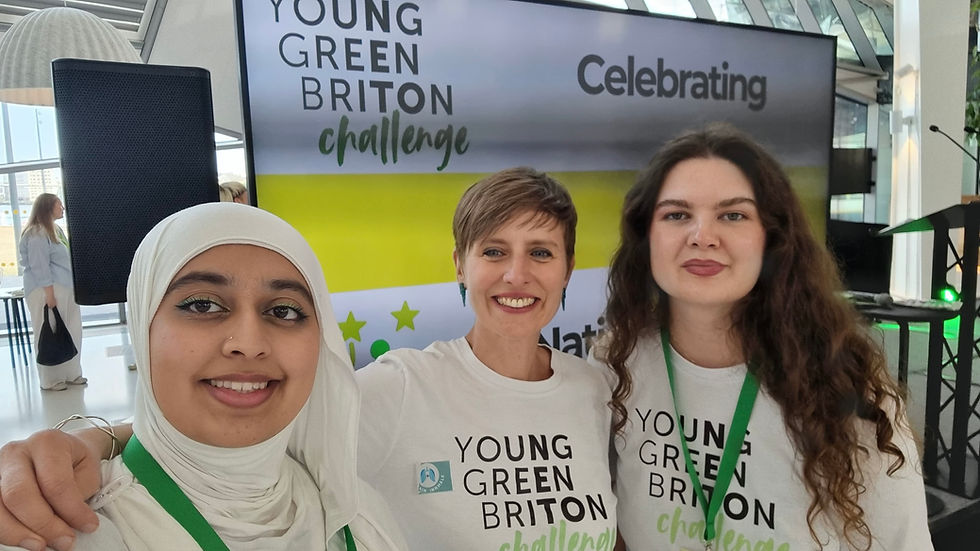From passion project to start-up - Introducing SI4A
- Katherine Crisp

- Oct 16, 2022
- 2 min read
Social Innovation for All was born out of both passion and frustration.
The passion is from spending the last half decade supporting youth social innovation and social entrepreneurship programmes to come to life in over forty countries around the globe. The passion is infectious. From the young founder of a club for children with autism in Ho Chi Minh City who was driven by the lack of social and learning opportunities for her brother. To the young woman in a remote and dusty town near the Tajik-Afghan border who had co-developed a community recycling project, but perhaps more importantly had gained the confidence to speak in front of a packed room full of strangers. To the two young men from Darfur in Sudan who wanted to bring employment and opportunity to their community and were themselves experiencing their first journey outside of their country, on an aeroplane, trying to understand and be understood, learning the skills to help make this a reality.

It is clear that young people are often driven by social purpose and have so many ideas along with the energy to make things happen. But 99% lack the opportunities and support to actually put ideas into action.
And innovation is like a muscle that we need to train. By developing our innovation skills, by trying and failing we gain confidence. Adolescence is the time to start! Young people are typically more willing to take risks and try new things, but there is very limited space for this within narrow curricula and exam driven education systems. Hence the frustration.
Early childhood is a constant journey of asking questions, trying, failing, trying again, failing, before finally getting it right. We know how important this is to early brain development. Less attention is paid to the second most significant phase of brain development - the one that occurs in adolescence and creates pathways in our brains that shape who we are as adults. This process takes place from puberty through to the early 20s and is synonymous with increased social awareness, a focus on peers (instead of parents), improved problem solving and greater risk taking. This creates an opportunity, which is not prioritised within the formal education system in England (or most other countries), to harness and develop skills of creativity, collaboration and creative problem solving.
This is where I believe social innovation can play a crucial role, giving young people structured skills, opportunities and platforms to work together to solve social challenges.





Comments